i-Ready Reading – iReady Reading Diagnostics, Grade Level Scores and Login
i-Ready Reading – The Complete Guide.
iReady Reading is a prominent educational technology tool designed to enhance reading skills in students. This comprehensive guide delves into various aspects of iReady Reading, providing insights into its structure, functionality, and benefits. By understanding its components and methodology, educators, parents, and students can better utilize this tool for effective learning.
i Ready also offers a comprehensive i Ready Math program.
What is i-Ready Reading?
i-Ready Reading is an integrated online program developed to improve reading abilities in students from kindergarten through 12th grade. It combines a diagnostic tool with personalized instruction, aligning with the Common Core State Standards. This adaptive learning platform focuses on key reading components like phonics, vocabulary, comprehension, and fluency.
Components:
The program includes two main elements: the i-Ready Diagnostic and i-Ready Personalized Instruction. The diagnostic assesses students’ reading levels and identifies specific areas of need, while the personalized instruction provides tailored lessons based on diagnostic results.
What is i-Ready Personalized Instruction and Does it Improve Students?
Definition:
i-Ready Personalized Instruction is a feature within the iReady platform that offers customized learning paths for students based on their diagnostic results. It includes interactive lessons, guided practice, and periodic assessments to monitor progress.
Impact on Students:
Research and user testimonials suggest that i-Ready Personalized Instruction can significantly improve reading skills. It addresses individual learning gaps, allowing students to progress at their own pace and ensuring mastery of essential reading components.
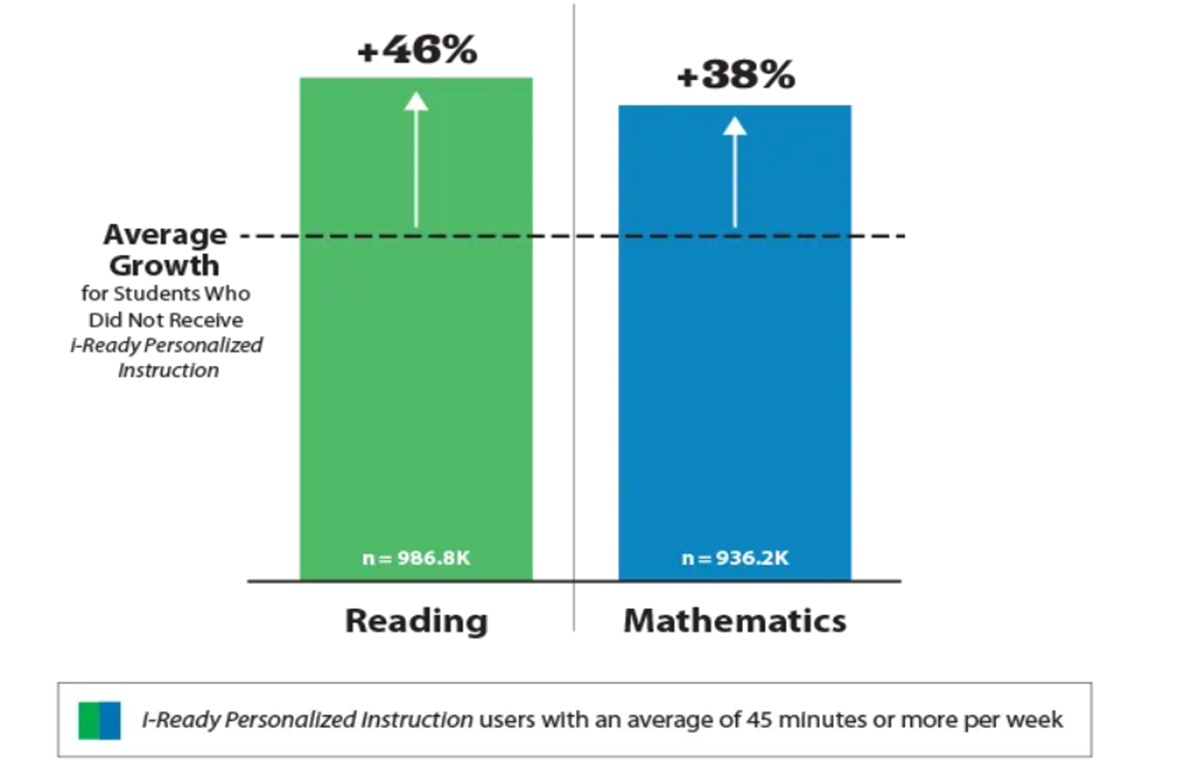
How does i-Ready Reading lessons work?
Based on the assessment results, i Ready Reading creates a personalized learning path for each student. This path is tailored to address the specific skills that the student needs to improve. The program provides a sequence of lessons that gradually increase in difficulty, ensuring that each student is challenged at the appropriate level.
i-Ready Reading lessons are designed to be engaging and interactive, making learning fun and effective. The program incorporates a variety of multimedia elements, such as animated graphics, videos, and interactive exercises, to keep students engaged and motivated.
Starting an i-Ready Reading lesson is a straightforward process that can be completed in a few simple steps:
1. Access i-Ready Reading:
To begin, you’ll need to access the i-Ready Reading platform. This can typically be done through a school-issued computer or tablet, using your student login credentials. Once logged in, you’ll be directed to your i-Ready Reading dashboard, where you can view your assigned lessons and progress.
2. Select a Lesson:
From your dashboard, locate the lesson you’d like to start. You can either choose from the list of available lessons or use the search bar to find specific lessons by topic or skill. Once you’ve selected a lesson, click on it to begin.
3. Receive Feedback and Progress:
As you complete the activities, i-Ready Reading will provide immediate feedback on your performance. This feedback can help you identify areas where you need additional practice or reinforcement. The program will also track your progress throughout the lesson, allowing you to monitor your own growth and achievement.
Please, watch this example of an i-Ready lesson for at a 1st Grade Level:
How does iReady Reading Diagnostics Work?
The iReady Diagnostic is an adaptive assessment tool designed to evaluate a student’s reading abilities. It adjusts the difficulty level of questions based on the student’s responses, providing a comprehensive understanding of their strengths and weaknesses.
Assessment Areas.
The diagnostic covers multiple areas, including phonological awareness, phonics, high-frequency words, vocabulary, comprehension, and literary and informational text understanding.
What is the i Ready Reading Test?
Nature of the Test.
The i-Ready Reading Test is part of the diagnostic assessment. It is a computer-adaptive test that students take three times a year – at the beginning, middle, and end of the school year. This test helps in monitoring growth and adjusting instruction accordingly.
Test Format.
The test includes a variety of question types such as multiple-choice, drag-and-drop, and short answer, covering a wide range of reading skills.
How Do I See the iReady Reading Diagnostic Scores?
Accessing Scores.
Scores can be accessed through the iReady platform by educators and parents. Detailed reports are provided, showcasing students’ performance in different areas of reading.
Understanding the Scores.
The scores are presented in an easy-to-understand format, highlighting areas of proficiency and those needing improvement. They also include growth measures and percentile rankings.
iReady Diagnostic Scores By Level (Grade).
The iReady reading and math tests are scaled tests based on individual student performance.
In the table below, you can see the iReady Reading scores by Grade Level:
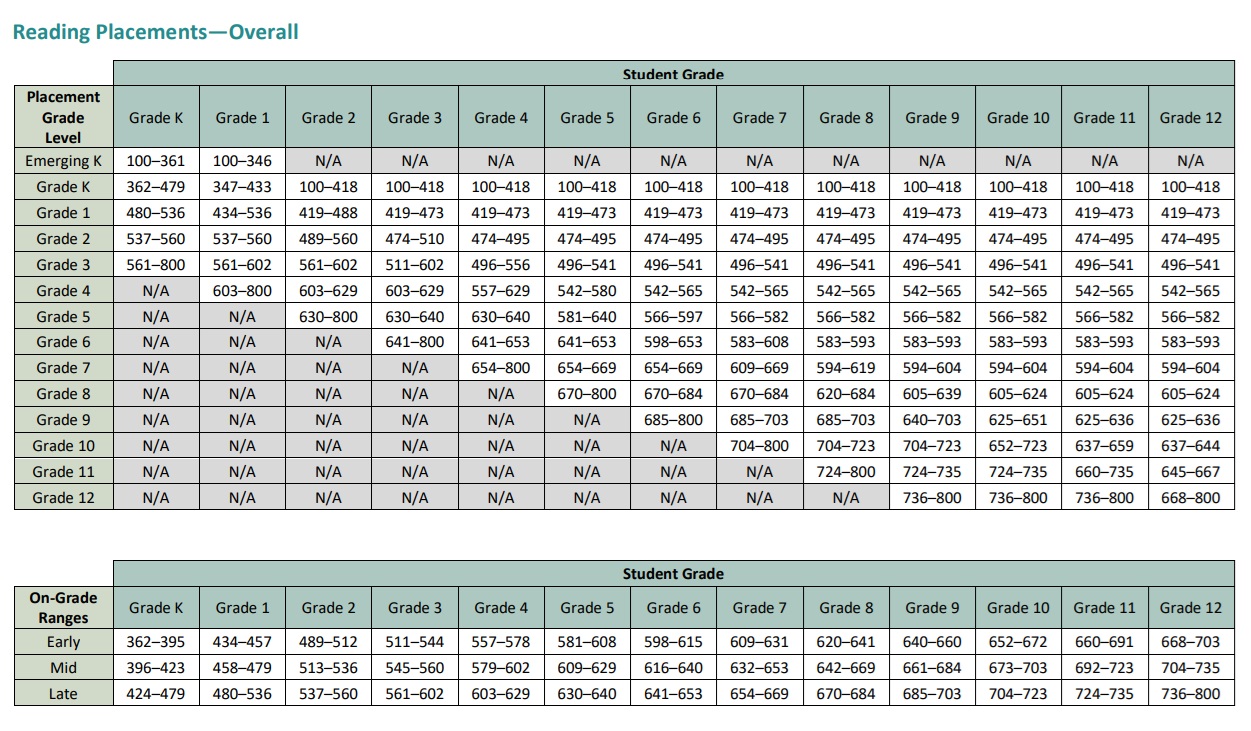
How Does the i-Ready Reading Level System Work?
The i-Ready Reading level system categorizes students’ reading abilities into different levels. These levels help in providing appropriate challenges and instructions for each student.
Level Determination.
Levels are determined based on the diagnostic test results, taking into account the accuracy and complexity of the responses.
What are the Different i Ready Reading Levels?
i-Ready Reading levels range from AA (Kindergarten) to E (Grade 8). These levels are based on student performance on the i-Ready Diagnostic assessment, which measures students’ understanding of key reading skills and strategies.
Here is a breakdown of the i-Ready Reading levels:
Level AA (Kindergarten)
Students at this level are beginning to develop their early literacy skills, including letter recognition, sound awareness, and phonemic awareness. They are learning to recognize and name letters, understand the sounds that letters make, and blend sounds to form words. They are also beginning to identify rhyming words and syllables.
Level A (First Grade)
Students at this level are working on building their foundational reading skills, including decoding, fluency, and comprehension. They are decoding simple words and phrases, reading with fluency, and comprehending simple stories. They are also learning to identify and use basic vocabulary, and to make simple inferences from text.
Level B (Second Grade)
Students at this level are continuing to develop their decoding and fluency skills, and they are also beginning to apply strategies to comprehend more complex texts. They are decoding multisyllabic words, reading with increased fluency, and comprehending a wider range of stories and informational texts. They are also learning to identify and understand more complex vocabulary, and to make more sophisticated inferences from text.
Level C (Third Grade)
Students at this level are refining their decoding and fluency skills, and they are also working on understanding and using more complex vocabulary and grammar structures. They are decoding unfamiliar words using context clues, reading with a smooth and expressive voice, and comprehending a variety of expository and narrative texts. They are also learning to identify and analyze main ideas, supporting details, and author’s purpose.
Level D (Fourth Grade)
Students at this level are developing their ability to analyze and interpret texts, and they are also working on using their reading skills to learn about other subjects. They are decoding unfamiliar words using a combination of context clues and word parts, reading with a natural and expressive voice, and comprehending a wide range of complex texts. They are also learning to identify and analyze themes, figurative language, and propaganda techniques.
Level E (Grade 5-8)
Students at this level are reading at a high level of proficiency, and they are able to apply their reading skills to a variety of contexts, including literary analysis, historical research, and scientific inquiry. They are decoding unfamiliar words accurately and efficiently, reading with a fluent and expressive voice, and comprehending a wide range of complex texts. They are also learning to analyze literary devices, evaluate the credibility of information, and make connections between texts.
How do I log in to iReady Reading, as a Student and as a Teacher?
The login process for i-Ready Reading differs slightly for students and teachers. Here’s a step-by-step guide for each:
Student Login:
- Go to the i-Ready login page: https://login.i-ready.com/
- Enter your student ID and password.
- Click the “Log In” button.
- You will be directed to your i-Ready dashboard, where you can access personalized lessons, practice exercises, and progress reports.
Teacher Login:
- Go to the i-Ready login page: https://login.i-ready.com/
- Enter your teacher ID and password.
- Click the “Log In” button.
- You will be directed to your i-Ready classroom dashboard, where you can view student progress, assign lessons, and create personalized learning plans.
Additional Notes:
If you are a student, you may need to contact your teacher for your student ID and password.
If you are a teacher, you will need to be granted access to i-Ready by your school or district.
Once logged in, you may need to complete a brief tutorial to familiarize yourself with the i-Ready platform.
What are the Reviews of iReady Reading?
i-Ready Reading has received mixed reviews from teachers, parents, and students. Some people believe that it is a valuable tool that can help students improve their reading comprehension, while others believe that it is too repetitive and does not teach students critical thinking skills.
Teacher Reviews:
Overall, teachers have given i-Ready Reading positive reviews. In a 2019 survey of teachers who use i-Ready Reading, 82% of respondents said that the program is effective in helping students improve their reading comprehension. Teachers also appreciate the program’s ability to provide personalized instruction for each student.
However, some teachers have concerns about the program’s repetitive nature. They believe that students can become bored with the program if they are required to do too many of the same types of activities. Additionally, some teachers feel that the program does not teach students critical thinking skills.
Parent Reviews.
Parents’ reviews of i-Ready Reading are more mixed. Some parents are pleased with the program and believe that it is helping their children improve their reading skills. However, other parents have concerns about the program’s online nature and the amount of time their children spend on it.
Student Reviews.
Student reviews of i-Ready Reading are also mixed. Some students enjoy the program and find it to be helpful. However, other students find the program to be boring and repetitive.
How do I access my i-Ready Reading lessons? As a student, you can access your i-Ready Reading lessons by going to the i-Ready website and logging in using your student ID and password. Once logged in, you will see a list of your assigned lessons. You can also click on the “My Progress” tab to see your progress on your current lesson.
How do I know what level I am on in i-Ready Reading? Your i-Ready Reading level is determined by your performance on a diagnostic assessment. The assessment assesses your skills in a variety of areas, including decoding, fluency, and comprehension. Your level is based on your performance on the assessment.
How long should I spend on each i-Ready Reading lesson? The recommended amount of time to spend on each i-Ready Reading lesson is 20-30 minutes. However, you may need to spend more or less time depending on your individual needs and learning style.
i-Ready Reading FAQ.
Frequently Asked Questions about i-Ready Reading:
What is i-Ready Reading?
i-Ready Reading is a comprehensive reading intervention program that uses adaptive technology to provide personalized instruction for students in kindergarten through grade 8. The program assesses students’ reading skills, maps them to specific instructional objectives, and then delivers instruction in a sequence that meets each student’s individual needs.
What are the benefits of using i-Ready Reading?
i-Ready Reading can help students improve their reading skills in a variety of ways, including:
- Improving reading comprehension: i-Ready Reading helps students develop their ability to understand what they read. The program provides instruction on a variety of reading comprehension strategies, such as decoding, vocabulary development, and making inferences.
- Enhancing fluency: i-Ready Reading helps students read with fluency and accuracy. The program provides practice in reading aloud at a smooth and expressive pace, and it also helps students decode unfamiliar words efficiently.
- Building vocabulary: i-Ready Reading helps students expand their vocabulary. The program provides instruction on a variety of vocabulary skills, such as understanding the meanings of words, using words in context, and applying words to different situations.
How does i-Ready Reading work?
i-Ready Reading uses a four-step process:
- Assessment: i-Ready Reading begins by assessing students’ reading skills. The assessment is adaptive, which means that it adjusts to each student’s individual needs.
- Instruction: Based on the assessment results, i-Ready Reading delivers personalized instruction for each student. The instruction is tailored to meet the student’s specific needs and learning style.
- Practice: Students have the opportunity to practice the skills they have learned through interactive practice exercises. These exercises are engaging and challenging, and they help students to solidify their understanding of the concepts.
- Progress monitoring: i-Ready Reading tracks students’ progress over time. Teachers can use this information to make adjustments to the instruction as needed.
What are the levels of i-Ready Reading?
i-Ready Reading has six levels:
AA (Kindergarten)
A (First Grade)
B (Second Grade)
C (Third Grade)
D (Fourth Grade)
E (Grade 5-8)
Each level is designed to meet the specific needs of students at that grade level.
How can I get my child started with i-Ready Reading?
If your child’s school uses i-Ready Reading, they will be given a log-in to access the program. You can also find more information about i-Ready Reading on the i-Ready website: https://login.i-ready.com.
What are some of the concerns about i-Ready Reading?
Some critics of i-Ready Reading have expressed concerns about the following:
- The amount of time students spend on the program: i-Ready Reading requires students to spend a significant amount of time on the program, which some critics believe can be excessive.
- The emphasis on technology: i-Ready Reading is a technology-based program, and some critics believe that it can be too reliant on technology.
- The lack of personalization: While i-Ready Reading is a personalized program, some critics believe that it is not as personalized as it could be.
Is i-Ready Reading effective?
There is some evidence to suggest that i-Ready Reading can be effective in helping students improve their reading skills. However, more research is needed to confirm these findings.
What types of activities are there in i-Ready Reading?
i-Ready Reading includes a variety of engaging and interactive activities, such as:
Reading passages
Vocabulary exercises
Decoding exercises
Fluency exercises
How do I know if I am making progress in i-Ready Reading?
i-Ready Reading tracks your progress over time and provides you with feedback on your performance. You can also see your progress in the “My Progress” tab on the i-Ready website.
How can I help my child succeed in i-Ready Reading? Here are a few tips to help your child succeed in i-Ready Reading:
- Make sure your child is comfortable using a computer or tablet.
- Set aside a dedicated time each day for your child to work on i-Ready Reading.
- Monitor your child’s progress and provide encouragement.
- Talk to your child about the lessons they are working on.
- Read to your child regularly.
What are the best practices for using i-Ready Reading in the classroom?
Here are a few best practices for using i-Ready Reading in the classroom:
- Use i-Ready Reading as part of a comprehensive reading program.
- Set clear expectations for student behavior and participation.
- Provide individualized instruction and support to students.
- Use i-Ready Reading data to inform instruction.
- Collaborate with colleagues to share best practices.
What are the most common challenges teachers face when using i-Ready Reading?
Teachers often cite the following challenges when using i-Ready Reading:
- Managing student engagement
- Integrating i-Ready Reading into the classroom
- Using i-Ready Reading data effectively
What is i-Ready Magnetic Reading?
i-Ready Magnetic Reading is a comprehensive reading intervention program that uses adaptive technology to provide personalized instruction for students in kindergarten through grade 5. The program assesses students’ reading skills, maps them to specific instructional objectives, and then delivers instruction in a sequence that meets each student’s individual needs.
Benefits of i-Ready Magnetic Reading:
- Personalized instruction: i-Ready Magnetic Reading provides each student with a unique learning path based on their individual needs and strengths.
- Engaging activities: i-Ready Magnetic Reading includes a variety of engaging and interactive activities that make learning fun and effective.
- Progress monitoring: i-Ready Magnetic Reading tracks each student’s progress over time and provides teachers with data to help them make informed instructional decisions.
- Data-driven instruction: i-Ready Magnetic Reading uses data to personalize instruction and help students reach their full potential.
Levels of i-Ready Magnetic Reading:
i-Ready Magnetic Reading has five levels:
AA (Kindergarten)
A (First Grade)
B (Second Grade)
C (Third Grade)
D (Fourth and Fifth Grades)
Each level is designed to meet the specific needs of students at that grade level.
How does i-Ready Magnetic Reading work?
- Assessment: i-Ready Magnetic Reading begins by assessing students’ reading skills. The assessment is adaptive, which means that it adjusts to each student’s individual needs.
- Instruction: Based on the assessment results, i-Ready Magnetic Reading delivers personalized instruction for each student. The instruction is tailored to meet the student’s specific needs and learning style.
- Practice: Students have the opportunity to practice the skills they have learned through interactive practice exercises. These exercises are engaging and challenging, and they help students to solidify their understanding of the concepts.
- Progress monitoring: i-Ready Magnetic Reading tracks students’ progress over time. Teachers can use this information to make adjustments to the instruction as needed.
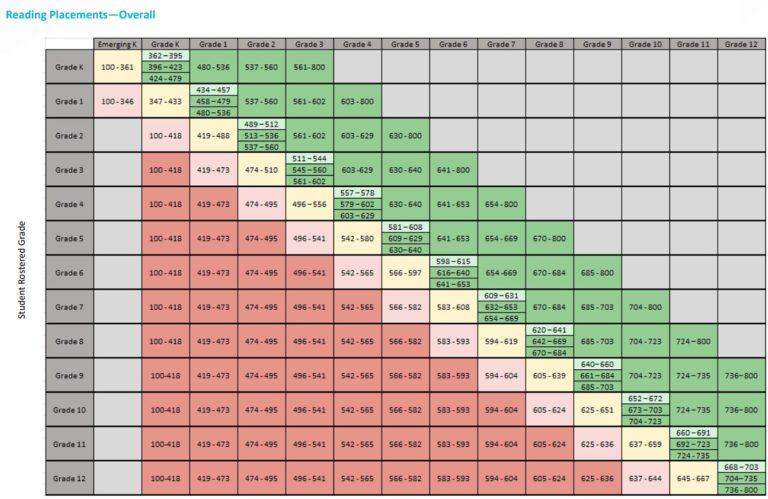
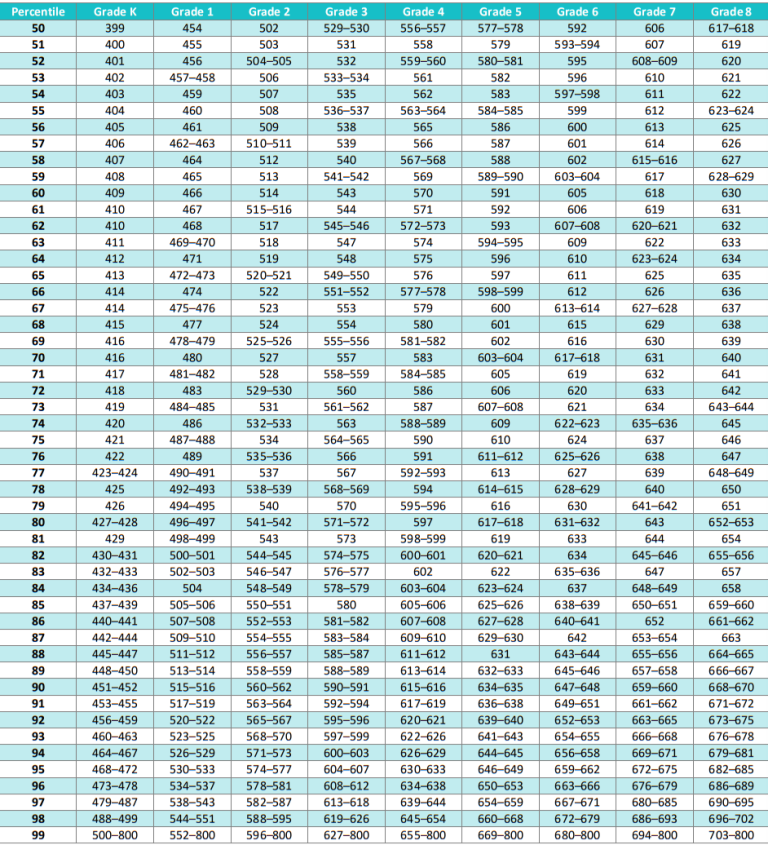
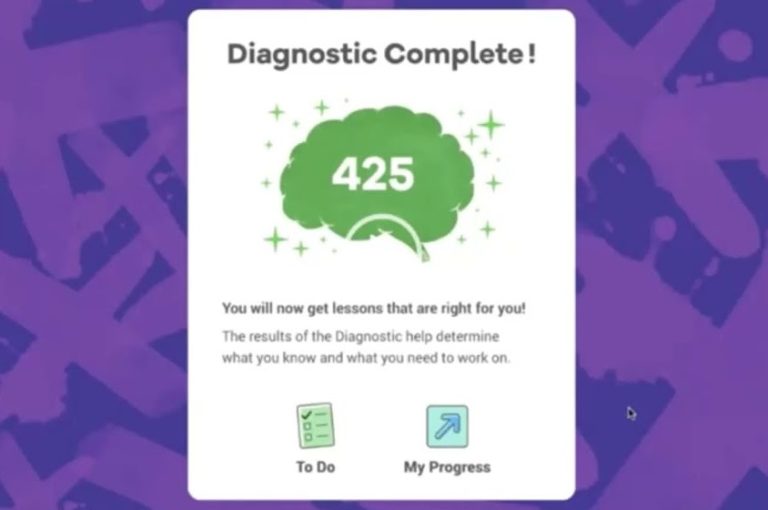
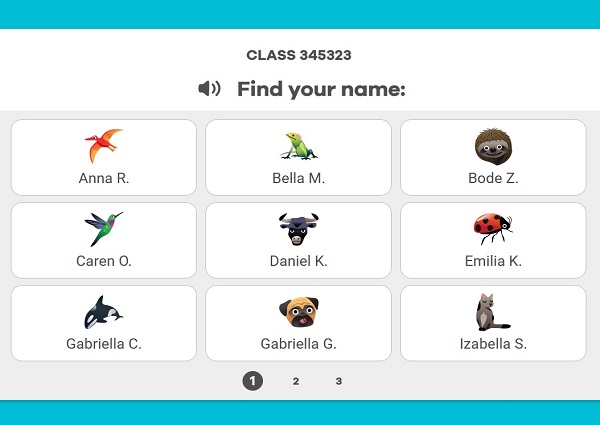

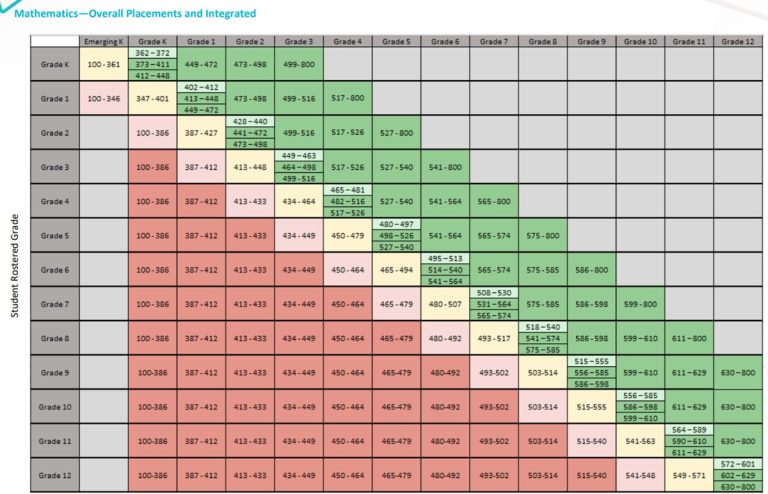
Hey, so this iReady thing sounds cool, but how easy is it for kids to use? Mine struggles with new apps. thnx
My kids found it pretty intuitive! There’s a bit of a learning curve, but they got the hang of it after a couple of tries. The visuals help a lot.
I read the section on i-Ready levels, but I’m not convinced the leveling system meets all students’ needs. In my experience, kids at the same grade level can have a wide range of reading abilities.
I don’t get why schools gotta use all these expensive programs when kids could just read books. wasn’t good enough for the schools i guess
Books are definitely irreplaceable, but blending traditional methods with new technology like iReady can offer personalized learning paths. It’s about balance!
Technology can identify where kids need help fast. Books are key, but tech like iReady helps fill gaps quicker!
What does level H for a sixth grader mean?
used iReady back in school, don’t remember much but it was alright i guess. not sure how much it helped but teachers seemed to like it.
Ah yes, because what we need is MORE screen time for kids. Surely nothing can go wrong there, right? i-Ready or i-Addicted to screens?
That’s a valid concern. It’s important to balance educational screen time with physical activities.